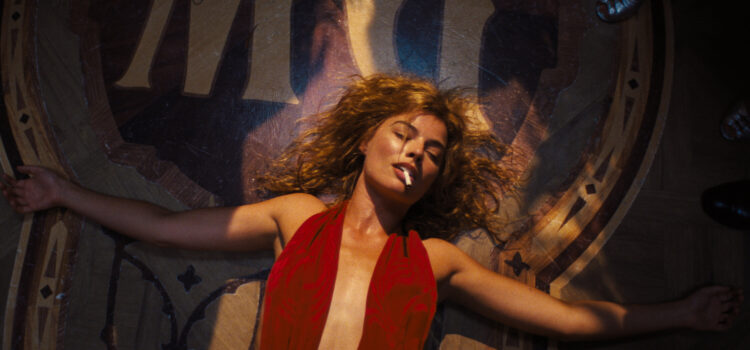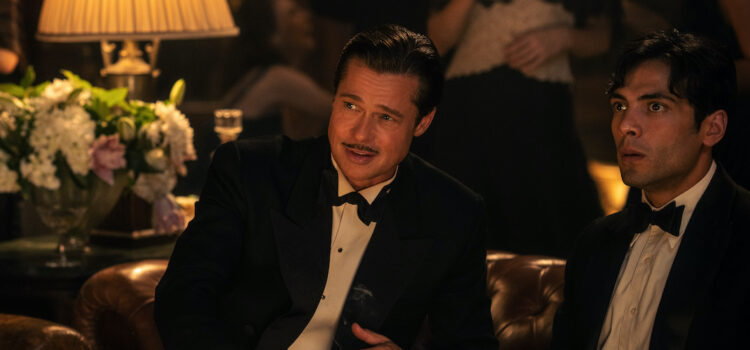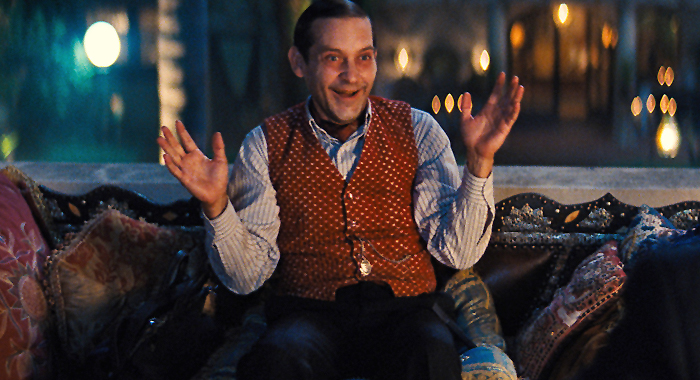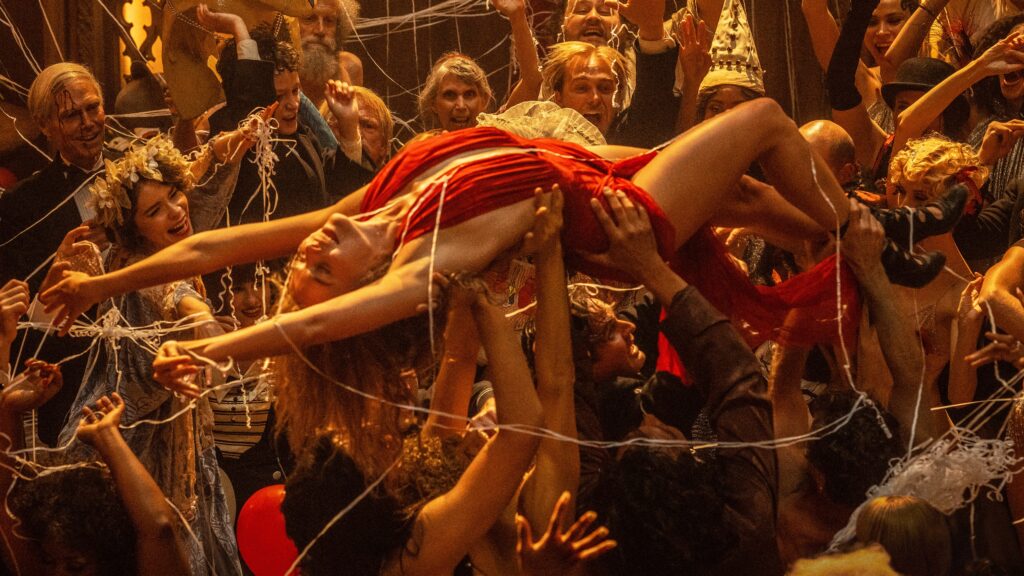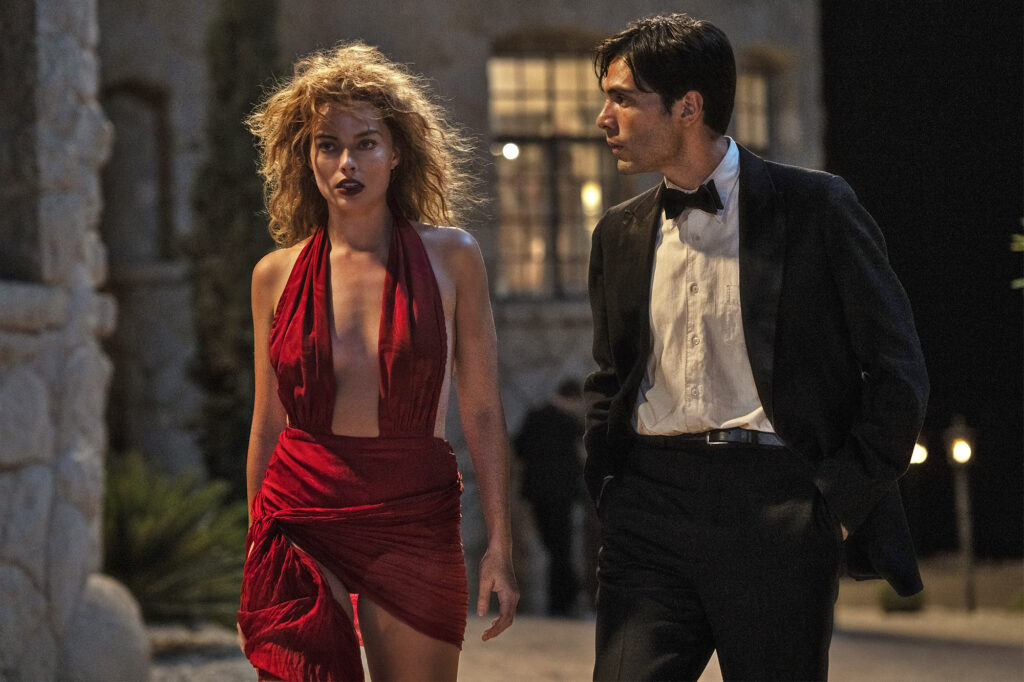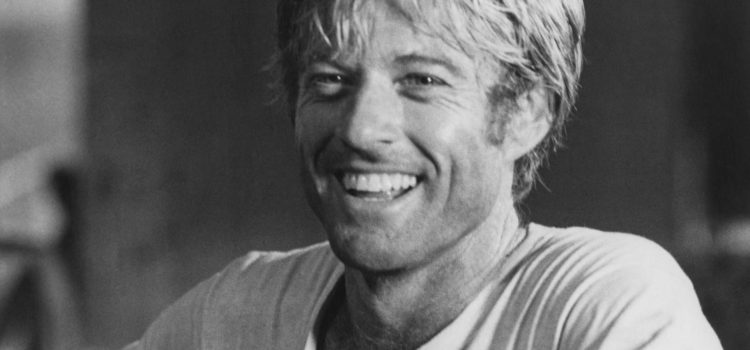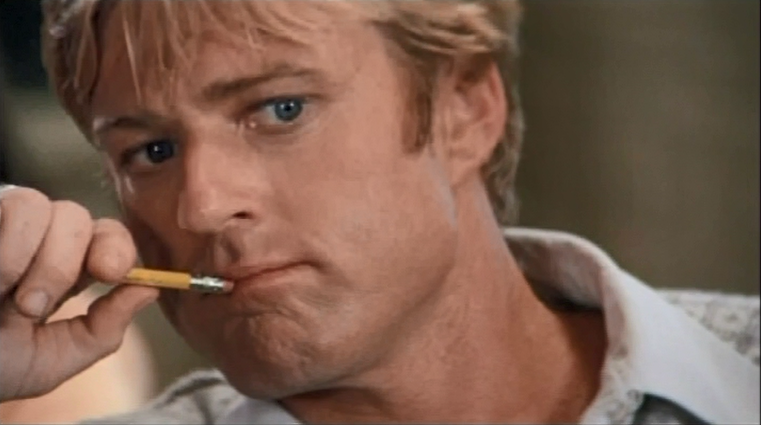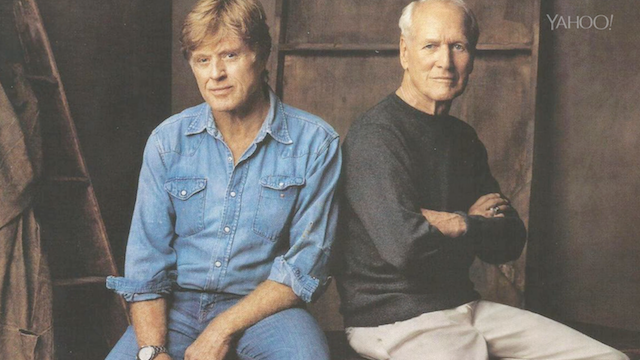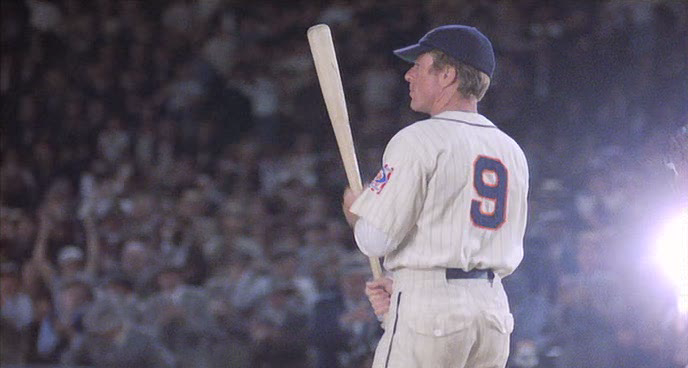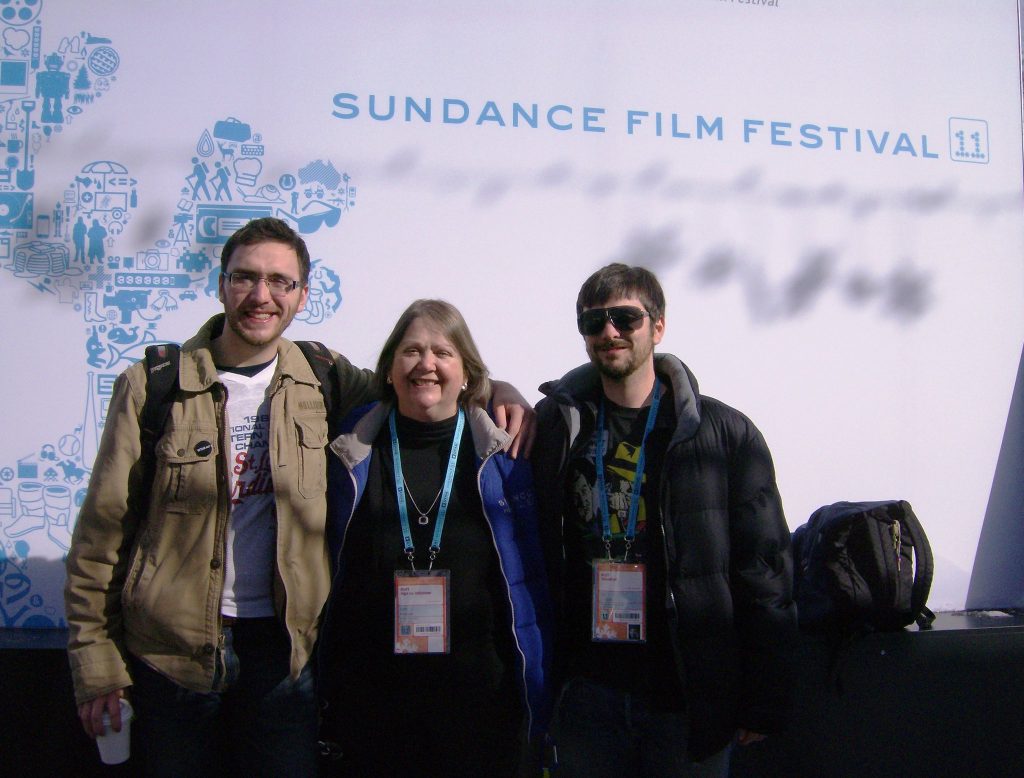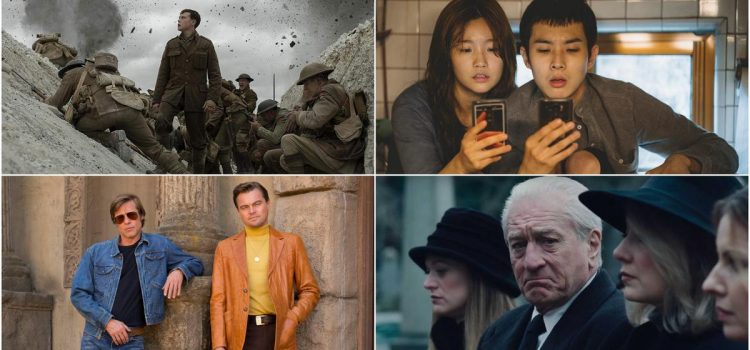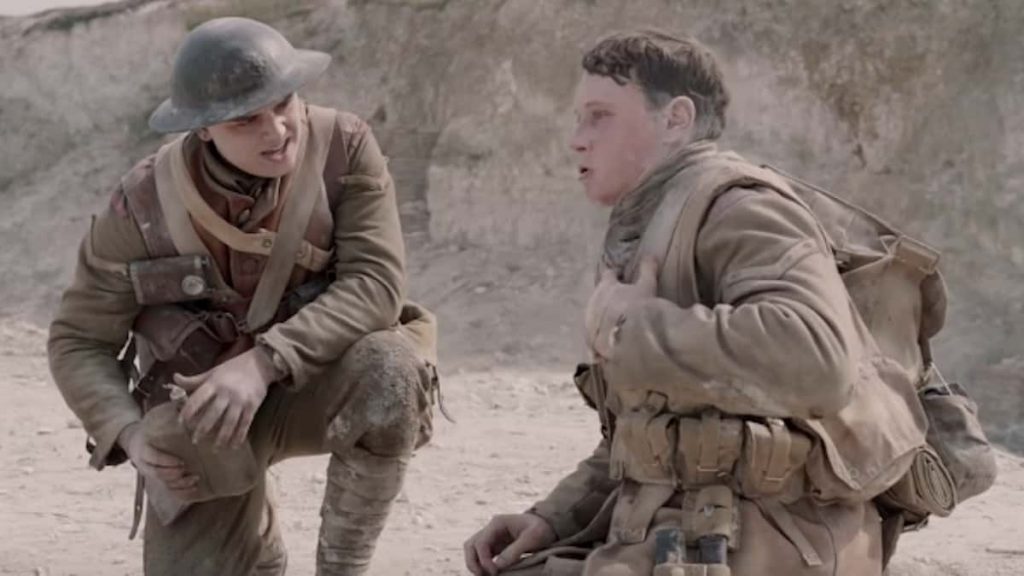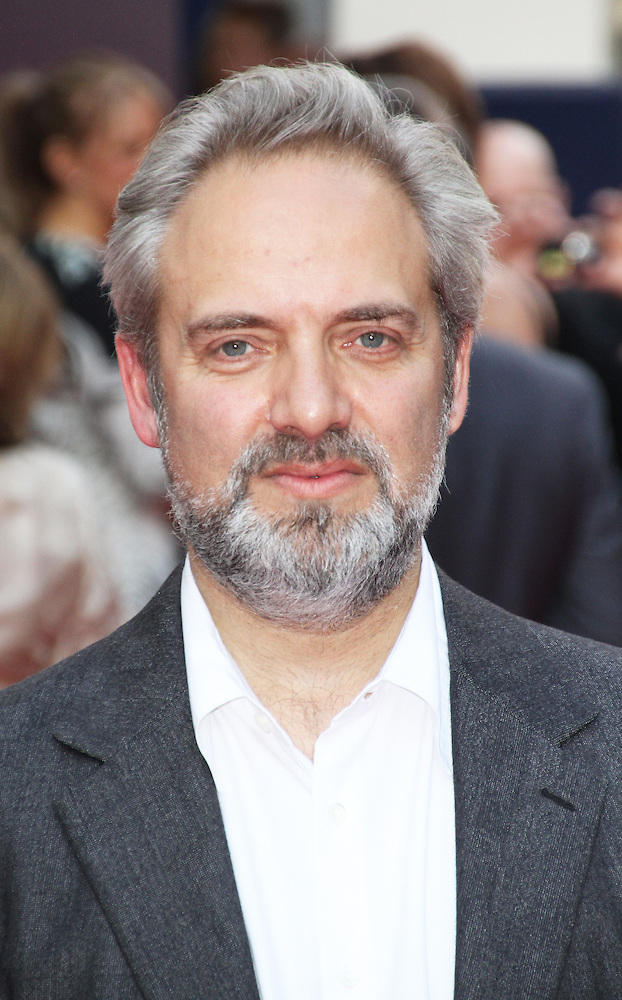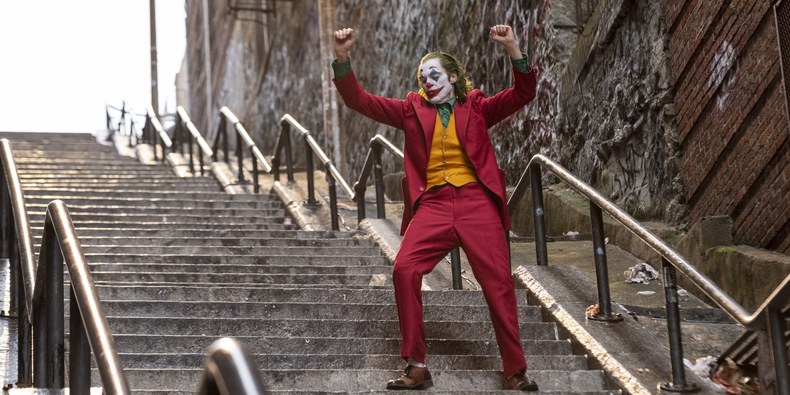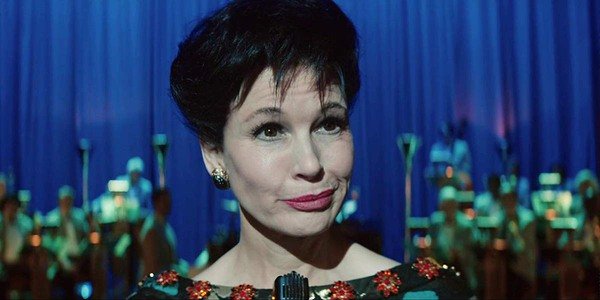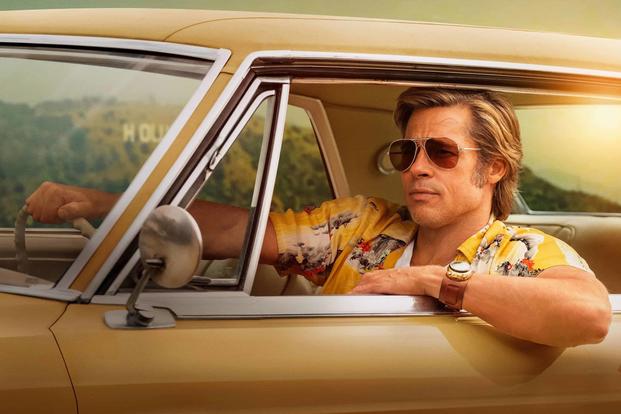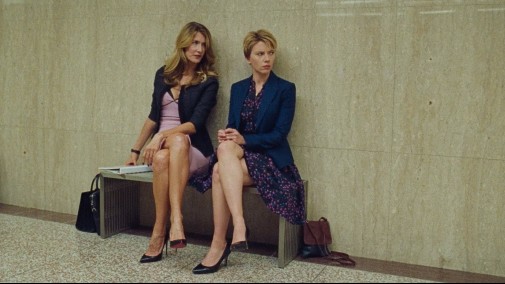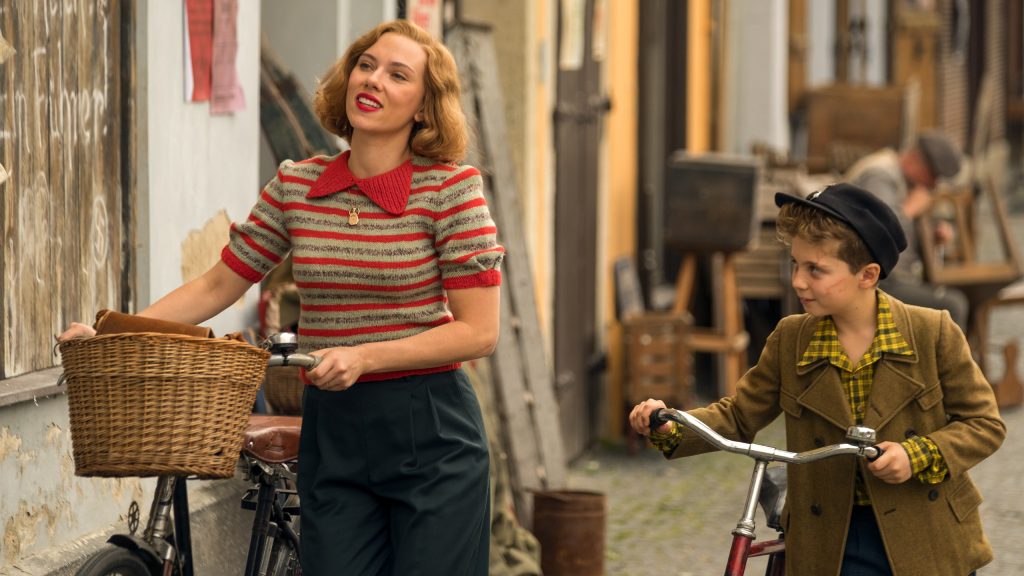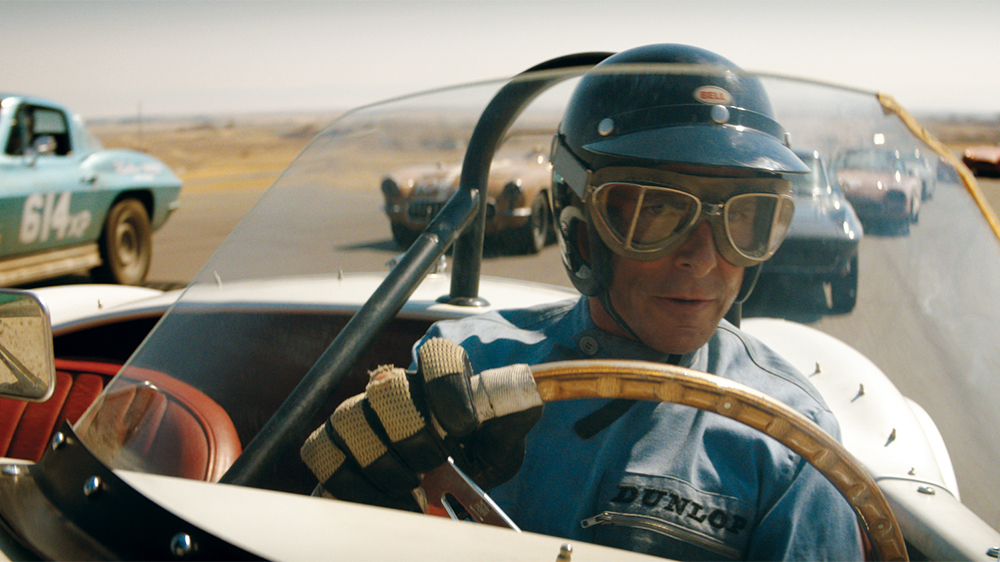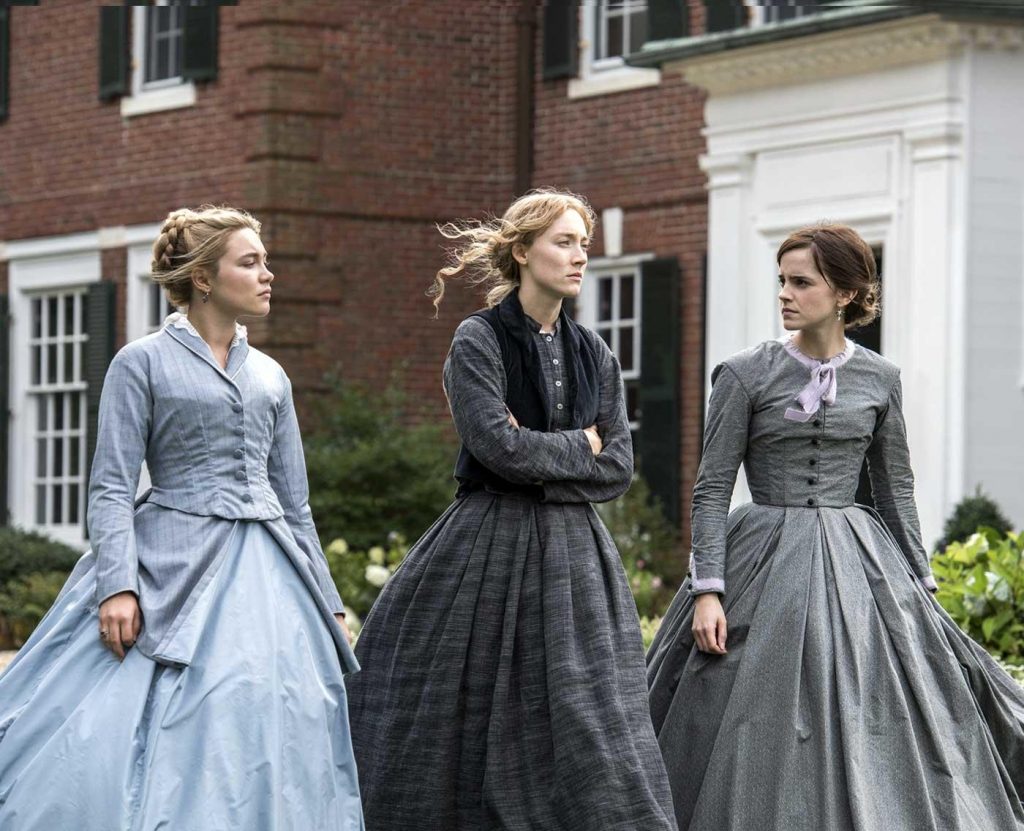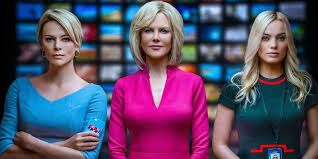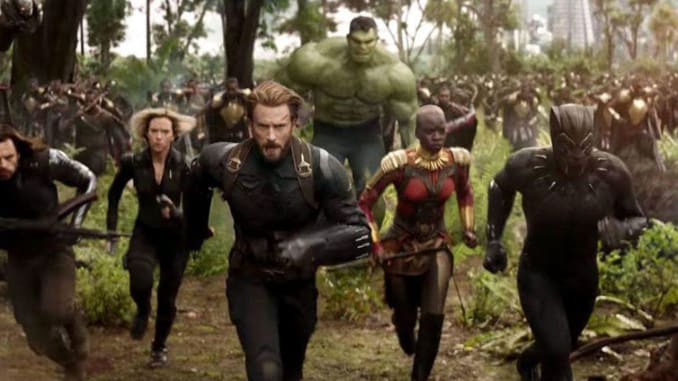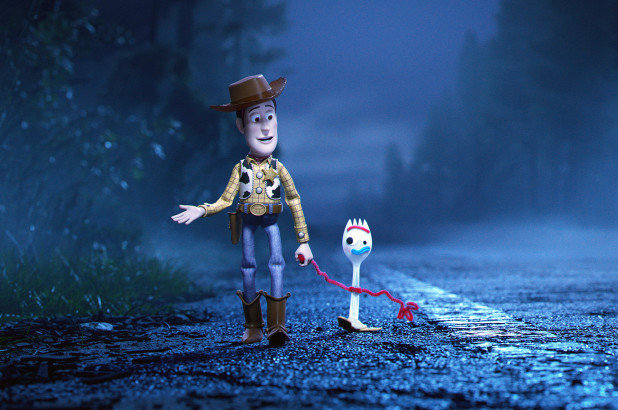By Alex McPherson
Vulgar, shocking, but irresistible, Damien Chazelle’s “Babylon” is a toxic love letter to cinema that’s impossible to look away from, even in its most extreme moments.
Chazelle’s three-hour extravaganza mostly takes place in Hollywood from the late 1920s to 1930s, following actors and below-the-line workers navigating a ruthless world of celebrity as the industry transitions from silent films to talkies.
We begin with Manuel “Manny” Torres (Diego Calva), a Mexican immigrant and aspiring filmmaker working odd jobs for studio bigwigs in the hopes of breaking into the industry himself, transporting an elephant to a party at a Kinescope executive’s mansion. While Manny and helpers try to push their oversized truck up a hill, the elephant proceeds to defecate all over them (the camera gives us an up-close look at the animal’s anus as it’s smeared in feces). Indeed, this outrageous moment accurately reflects the sort of gross-out humor prevalent throughout the entirety of “Babylon” — every type of fluid comes into play during the runtime.
The party Manny’s en route to is, unsurprisingly, completely insane, filmed in unflinching long takes by cinematographer Linus Sandgren. Drugs are plentiful, lewd sex acts take place wherever you look, and enthusiastic partygoers dance as a jazzy band (led by the established musician Sidney Palmer, earnestly played by Jovan Adepo) blares Justin Hurwitz’s jaw-droppingly amazing score. Plus, there’s that elephant.
Amid the chaos, though, Manny meets the love of his life, a brazen, New Jersey-born starlet named Nellie LaRoy (Margot Robbie) who crashes the gathering , and who — in between snorting a seemingly never-ending supply of cocaine — draws enough attention to herself that she scores her first film role (the original actor overdosed that night).
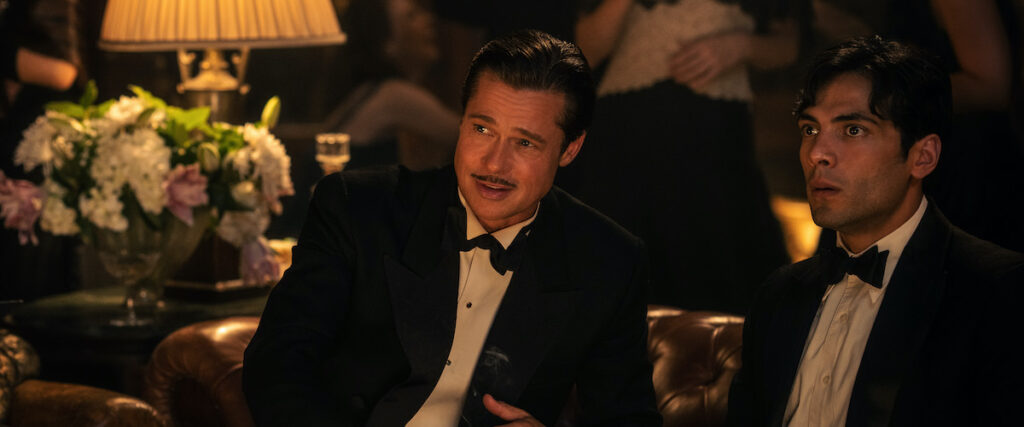
Despite any and all red flags, it’s love at first sight for Manny — they’re both outsiders in search of something greater than themselves. In attendance as well is Jack Conrad (Brad Pitt), an alcoholic, womanizing actor who’s made his career in silent films. Manny is tasked with driving him home the next day, and Jack helps him score some assistant jobs on sets.
As the years tick by and these passionate souls experience soaring highs and cacophonous lows amid the changing tides of entertainment and mental health, “Babylon” refuses to slow down or give viewers time to process the crazy narrative on display.
By juggling so many characters — each encountering different facets of Hollywood’s less-than-glamorous side — the film can’t quite give each of them time to fully sink in, but the tonal whiplash ultimately works to its benefit. By the end, I felt beat up. But just like the ravenous cravings that drive the characters back to the silver screen, I wanted more.
As you can tell, “Babylon” isn’t for everyone. The full-throttle nature of Chazelle’s film will undoubtedly turn off many viewers — but lack of restraint is the point. With hectic editing jumping between characters and years, camerawork full of whip pans, zooms, and dolly shots (calling to mind the early work of Paul Thomas Anderson), and Hurwitz’s aforementioned dynamic music, the film is a near-overwhelming sensory overload.
Scenes of depravity and carnage are accompanied by those showcasing the movie-making process. We see Jack and Nellie shine in their element, all while film crews suffer in the background (some with injuries, or worse) — illustrating the blood, sweat, and tears going into the art we might take for granted. One extended scene featuring Nellie acting on a set that’s trying (and often failing) to record sound smoothly, is sweaty, intense, and darkly hilarious.
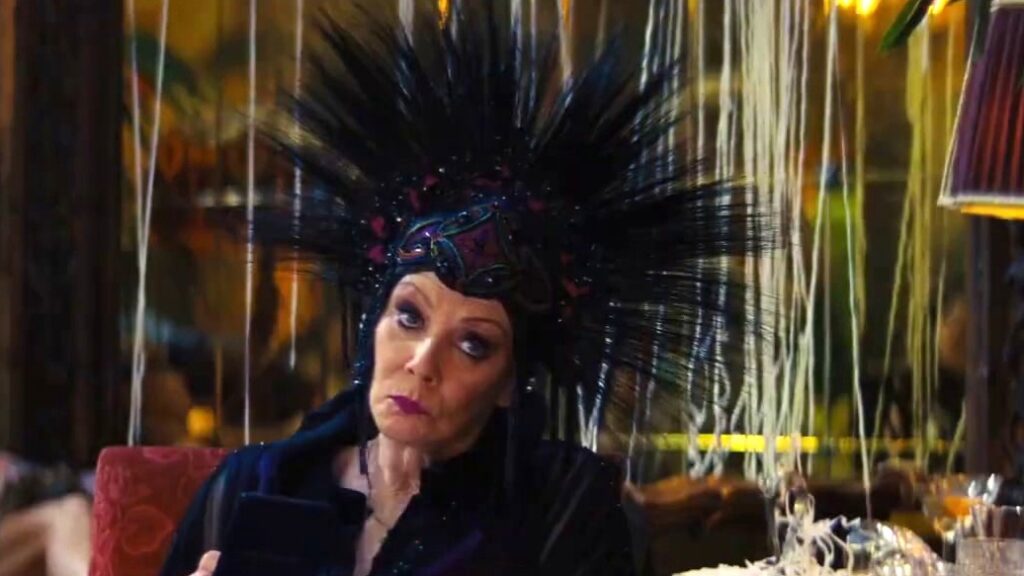
The screenplay, by Chazelle, opts for broad satire most of the time, with humor that only sporadically lands. The skewering of studio bigwigs and working conditions is a bit much, to say the least. But again, the brutality serves to underline the idea of cinema being an art we’re drawn to through thick and thin — the power of images being an all-encompassing force of escape and transformation, visualized in the brilliantly trippy ending.
These characters, with varying degrees of privilege, are swept up into a system that chews them up and spits them out as very different people. They’re shells of who they once were, having sacrificed their well-being for the purpose of entertainment. Manny ascends the corporate ladder, but loses part of his cultural heritage in the process, having to adapt to increasingly repressive policies.
Jack, crestfallen, struggles to accept his dimming star power, and Nellie (with Robbie fully in command of her craft), is chasing the next high (even if that means “fighting” a snake). She’s undeniably talented, yet deeply insecure stemming from a vague yet turbulent childhood and grappling with a misogynistic public sphere.
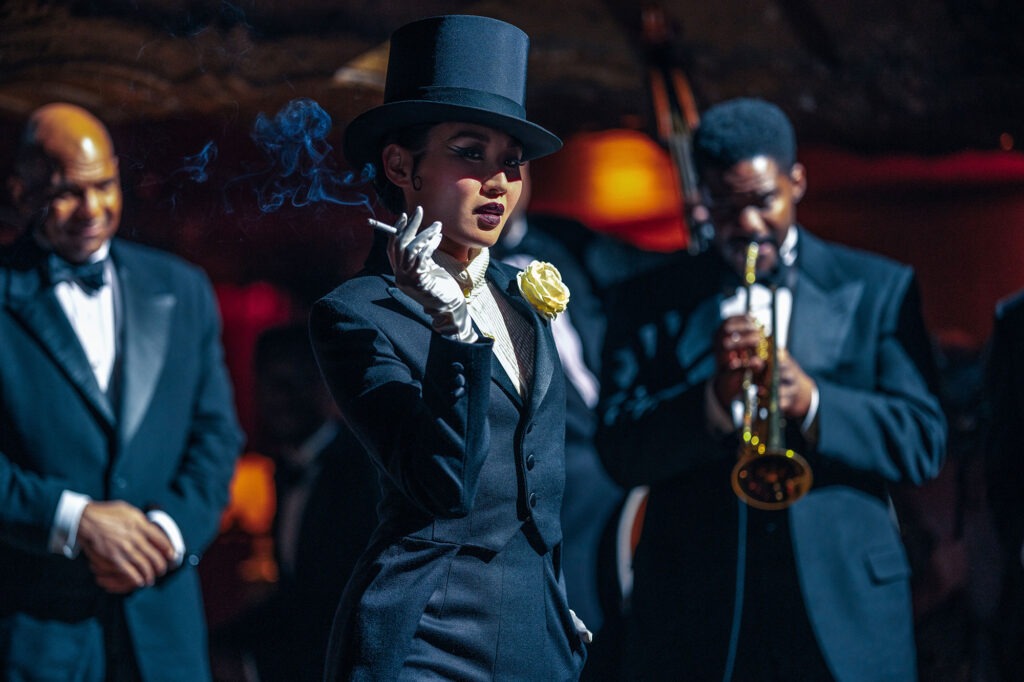
Palmer and Lady Fay Zhu (Li Jun Li) contend with racist attitudes, forcing them to “change” to find success. It’s all rather depressing in the end, and it’s true that a more focused approach would have given “Babylon” additional emotional weight, but it effectively shows lives in flux, spiraling toward harsh reckonings.
Also worth noting are smaller turns from Jean Smart as an intelligent yet unhinged gossip columnist named Elinor St. John, a stressed-out Flea as a studio fixer, and Tobey Maguire as a skin-crawling mob boss James McKay. The whole ensemble — some heavily exaggerated, others more down-to-earth — perfectly fits this wild-and-woolly tale.
This is a maximalist, boundary-pushing, and meaty film to digest. Overstuffed though it is, “Babylon” is a thrill to watch, with assured direction and style out the wazoo. Fair warning, though: if you have a weak stomach, avoid at all costs.
“Babylon” is a 2022 drama written and directed by Damien Chazelle and starring Brad Pitt, Margot Robbie, Diego Calva and Jean Smart. It is rated R for strong and crude sexual content, graphic nudity, bloody violence, drug use, and pervasive language and the runtime is 3 hours, 9 minutes. It opened in theaters Dec. 23. Alex’s Grade: A-
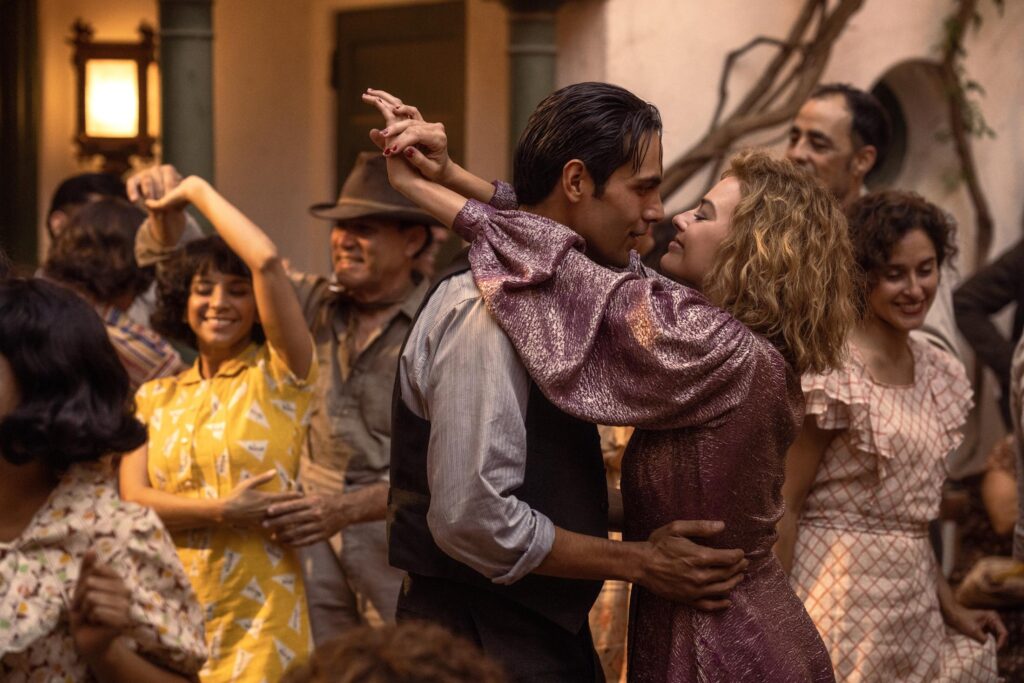
Alex McPherson is an unabashed pop culture nerd and a member of the St. Louis Film Critics Association.

